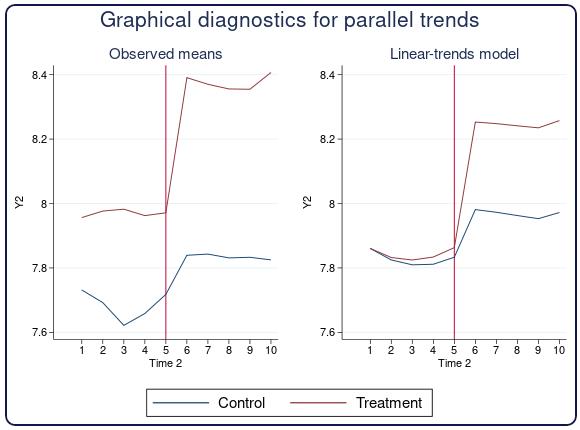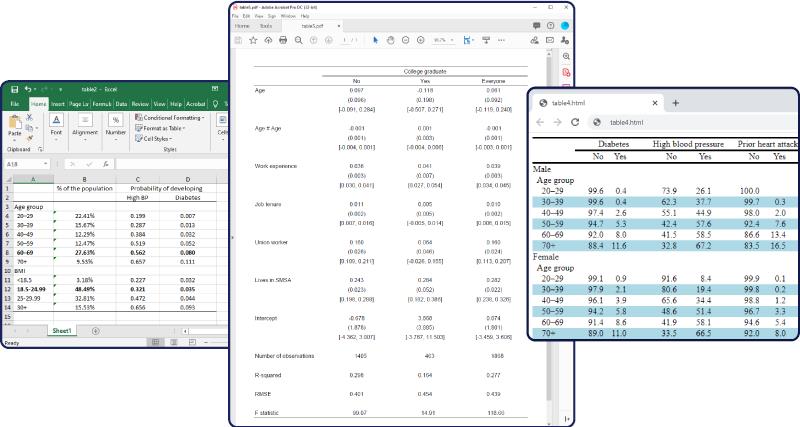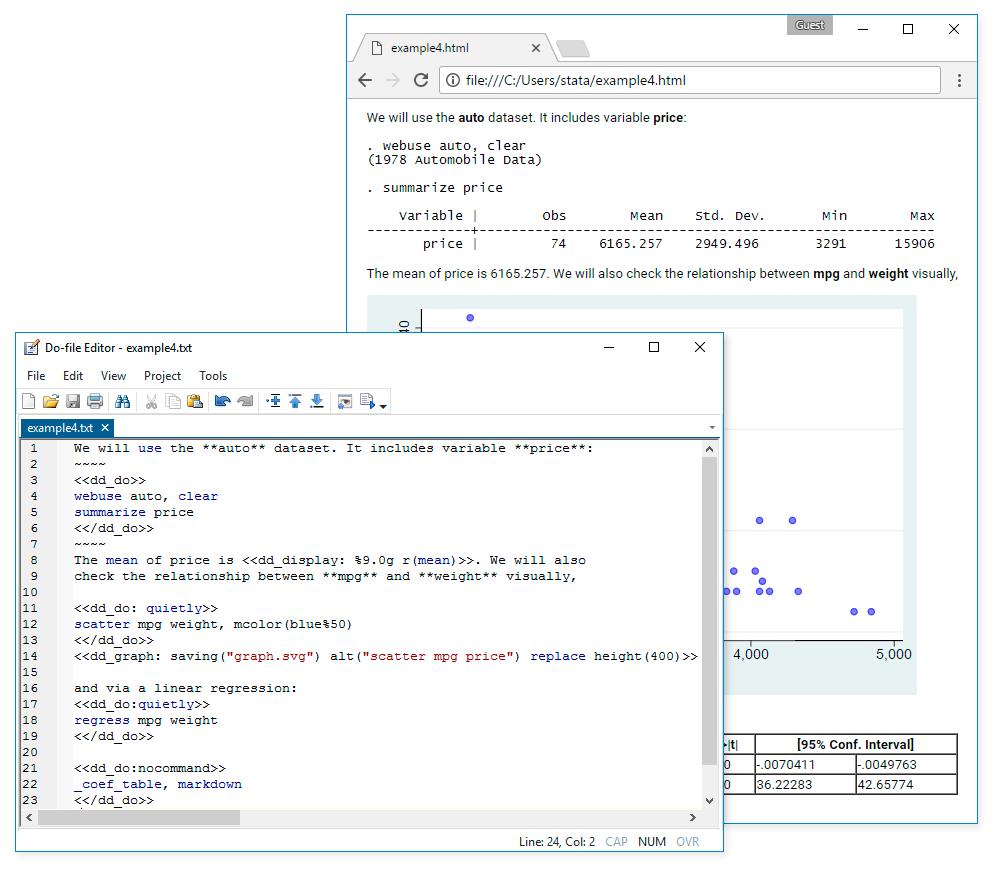使用期限租赁或永久
许可形式单机和网络版
原产地美国
介质下载
适用平台window,mac,linux
科学软件网是一个以引进国研软件,提供软件服务的营业网站,网站由北京天演融智软件有限公司创办,旨在为国内高校、科研院所和以研发为主的企业事业单位提供的科研软件及相关软件服务。截止目前,科学软件网已获得数百家国际软件公司正式授权,代理销售科研软件达一千余种,软件涵盖领域包括经管,仿真,地球地理,生物化学,工程科学,排版及网络管理等。同时,还提供培训、课程(包含34款软件,66门课程)、实验室解决方案和项目咨询等服务。
The principles of Bayesian analysis date back to the work of Thomas Bayes, who was a Presbyterian
minister in Tunbridge Wells and Pierre Laplace, a French mathematician, astronomer, and physicist in
the 18th century. Bayesian analysis started as a simple intuitive rule, named after Bayes, for updating
beliefs on account of some evidence. For the next 200 years, however, Bayes’s rule was an
obscure idea. Along with the rapid development of the standard or frequentist statistics in 20th century,
Bayesian methodology was also developing, although with less attention and at a slower pace. One
of the obstacles for the progress of Bayesian ideas has been the lasting opinion among mainstream
statisticians of it being subjective. Another more-tangible problem for adopting Bayesian models in
practice has been the lack of adequate computational resources. Nowadays, Bayesian statistics is
widely accepted by researchers and practitioners as a valuable and feasible alternative.
Bayesian analysis proliferates in diverse areas including industry and government, but its application
in sciences and engineering is particularly visible. Bayesian statistical inference is used in econometrics
(Poirier [1995]; Chernozhukov and Hong [2003]; Kim, Shephard, and Chib [1998], Zellner [1997]);
education (Johnson 1997); epidemiology (Greenland 1998); engineering (Godsill and Rayner 1998);
genetics (Iversen, Parmigiani, and Berry 1999); social sciences (Pollard 1986); hydrology (Parent
et al. 1998); quality management (Rios Insua 1990); atmospheric sciences (Berliner et al. 1999); and
law (DeGroot, Fienberg, and Kadane 1986), to name a few.

There is another reason Bayesian econometrics may be appealing in the absence of strong external knowledge. Econometrics models often describe complex economic theories and thus tend to have many parameters—often so many that it becomes infeasible to fit the models without incorporating some information about model parameters.

Stata 16 Feature highlights:
1. Lasso
2. Reporting
3. Meta-analysis
4. Choice models
5. Python integration
6. New in Bayesian analysis—Multiple chains, predictions, and more
7. Panel-data ERMs
8. Import data from SAS and SPSS
9. Nonparametric series regression
10. Multiple datasets in memory
11. Sample-size analysis for confidence intervals
12. Nonlinear DSGE models
13. Multiple-group IRT models
14. xtheckman
15. Multiple-dose pharmacokinetic modeling
16. Heteroskedastic ordered probit models
17. Graph sizes in printer points, centimeters, and inches
18. Numerical integration
19. Linear programming
20. Stata in Korean
21. Mac interface now supports Dark Mode and native tabbed windows
22. Do-file Editor—Autocompletion and more syntax highlighting

What is Bayesian analysis?
Bayesian analysis is a statistical analysis that answers research questions about unknown parameters
of statistical models by using probability statements. Bayesian analysis rests on the assumption that
all model parameters are random quantities and thus are subjects to prior knowledge. This assumption
is in sharp contrast with the more traditional, also called frequentist, statistical inference where all
parameters are considered unknown but fixed quantities. Bayesian analysis follows a simple rule
of probability, the Bayes rule, which provides a formalism for combining prior information with
evidence from the data at hand. The Bayes rule is used to form the so called posterior distribution of
model parameters. The posterior distribution results from updating the prior knowledge about model
parameters with evidence from the observed data. Bayesian analysis uses the posterior distribution to
form various summaries for the model parameters including point estimates such as posterior means,
medians, percentiles, and interval estimates such as credible intervals. Moreover, all statistical tests
about model parameters can be expressed as probability statements based on the estimated posterior
distribution.
19年来,公司始终秉承、专注、专心的发展理念,厚积薄发,积累了大量的人才、技术以及行业经验,在行业内得到了大量用户的认可和高度价。
http://www.kxrjsoft.com.cn








